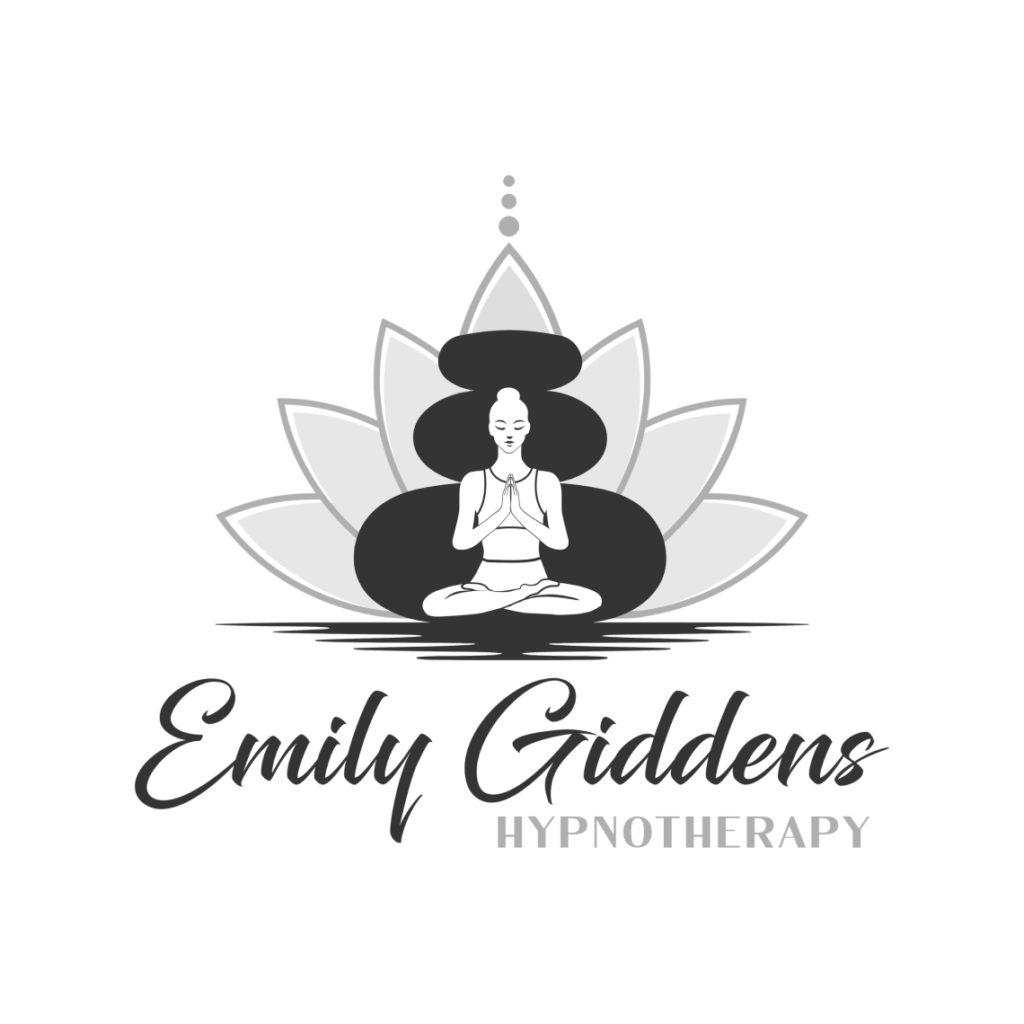Introduction: Your Inner World Has a Structure—Learn How It Works
Have you ever felt like you were being pulled in opposite directions by your own mind? Maybe one part of you wants comfort while another says, “Toughen up,” and a third just wants peace. These voices aren’t random. They’re part of your inner operating system—specifically, your Inner Child, Inner Adult, and Inner Parent.
These three inner parts make up what psychologists call ego states. Learning how they function is a key to transforming your emotional patterns, relationships, and sense of self. This blog breaks down these ego states through the lens of Transactional Analysis, offers practical insight into their dynamic interplay, and introduces the concept of transcending ego altogether.
What Is Transactional Analysis?
Transactional Analysis (TA) is a psychological model developed in the 1950s by psychiatrist Dr. Eric Berne. It explains how we shift between different internal states—known as ego states—and how these shifts affect the way we relate to others and ourselves.
TA identifies three main ego states:
- Child
- Adult
- Parent
These states influence your thoughts, emotional reactions, and behaviors in every moment. TA helps you recognize which state is active, so you can respond from a more centered, conscious place.
The Inner Child: Raw Emotion, Creativity, and Longing
Your Inner Child is the emotional and instinctive part of you that formed during early childhood. It carries your unfiltered feelings, unmet needs, joyful impulses, and early interpretations of love and safety.
This part often surfaces when you feel:
- Vulnerable or rejected
- Excited and playful
- Overwhelmed or ashamed
- In need of reassurance or soothing
Signs Your Inner Child is Active:
- Reacting intensely to feedback or being ignored
- Seeking comfort in food, distraction, or people-pleasing
- Avoiding responsibility or shutting down
- Feeling emotionally unsafe, even in non-threatening situations
Your Inner Child is not weak or wrong. It is wise in its own way—asking for attention to needs that were once dismissed.
Ways to Support Your Inner Child:
- Write to your younger self and let her write back
- Speak internally with warmth and presence
- Validate her feelings instead of minimizing them
- Reintroduce joy, spontaneity, and play into your adult life
By tuning in instead of pushing away, you transform your internal environment from fear to care.
The Inner Adult: Present, Wise, and Grounded
The Inner Adult is your rational, emotionally regulated self. It operates in the present, gathers facts, and takes aligned action. This part isn’t reactive—it’s responsive.
The Inner Adult functions as the referee between the Child’s emotions and the Parent’s expectations. It listens to both while making thoughtful choices.
Inner Adult Characteristics:
- Practices emotional awareness without being overwhelmed
- Makes grounded decisions
- Holds space for discomfort without shutting down
- Sets boundaries without guilt or aggression
When your Inner Adult is in the lead, you feel clear, calm, and capable—even during challenges.
How to Strengthen the Inner Adult:
- Use breathwork or mindfulness to anchor into the present moment
- Ask, “What is really true right now?” instead of reacting impulsively
- Reflect before responding
- Acknowledge all parts of yourself without letting them take over
The more you access your Adult state, the more empowered you become in navigating emotions and relationships.
The Inner Parent: Guidance, Judgment, and Rewriting Scripts
The Inner Parent is built from the voices of authority figures in your early life—parents, caregivers, teachers, and societal messages. This ego state is where you store your internalized rules, values, and standards.
The Inner Parent has two primary expressions:
- The Nurturing Parent – Protective, kind, encouraging
- The Critical Parent – Judgmental, rigid, often harsh
For many people, the Critical Parent is the loudest. It speaks in shoulds, shames, and perfectionism.
Examples of Critical Inner Parent Thoughts:
- “You should be further along by now.”
- “Stop being so dramatic.”
- “You always mess things up.”
- “You don’t deserve that until you’ve earned it.”
As the saying goes:
“Don’t should on me, and I won’t should on you.”
This quote reminds us that inner criticism doesn’t lead to growth—it leads to shutdown.
How to Reframe the Inner Parent:
- Notice when you’re talking to yourself like a punishing parent
- Ask, “Is this voice helpful or just hurtful?”
- Introduce a new tone: “You’re doing your best, and that’s enough”
- Create new mental scripts rooted in self-respect, not self-rejection
You don’t need to destroy the Parent ego state—you just need to retrain it.
The Ego’s Nightmare vs. The Ego’s Daydream
According to E. A. Barnett, an author and spiritual counselor, the dynamic between these three ego states determines whether we live in the Ego’s Nightmare or the Ego’s Daydream.
The Ego’s Nightmare occurs when:
- The Inner Child feels unsafe, unseen, or abandoned
- The Inner Parent criticizes, shames, or controls
- The Inner Adult is too weak or absent to mediate
This creates a cycle of inner conflict, emotional instability, and disconnection. Many people live here unconsciously for years.
The Ego’s Daydream unfolds when:
- The Inner Child feels heard and safe to express
- The Inner Parent shifts into nurturance and wisdom
- The Inner Adult leads with calm authority and clarity
This is not perfection—it’s integration. The Ego’s Daydream is where self-acceptance and inner balance become your default.
Beyond Balance: Transcending the Ego
Transforming your ego states can shift your entire life. Even so, the deeper path is not just integration—it is transcendence.
This does not mean rejecting the ego or trying to erase it. Your ego states are part of how you experience the world. The invitation is simply to identify with them less.
You are not the voice of your Inner Child.
You are not the rules of your Inner Parent.
You are not even the regulation of your Inner Adult.
These are all lenses through which you live—but they are not the Truth of who you are.
You are the awareness behind them.
You are the calm presence beneath the noise.
You are the one who watches, loves, and waits.
And your deepest Self?
It simply holds space as you begin to remember.
This remembering is not something you have to earn—it is your natural return to presence.
How Hypnotherapy Can Support Ego State Work
Hypnotherapy offers a powerful way to explore ego states directly within the subconscious mind. In a relaxed, focused state, you can:
- Speak with your Inner Child and offer safety
- Transform the Inner Parent into a supportive guide
- Strengthen your Inner Adult’s presence
- Witness your ego states from a place of centered awareness
Techniques like parts therapy, inner child connection, visualization, and future pacing help you shift long-held internal patterns and return to clarity and confidence.
Conclusion: The Journey Back to Your Self
You are not broken—you are layered.
Each ego state exists for a reason.
Each one is trying to protect you, teach you, or lead you.
The Inner Child wants connection.
The Inner Parent wants control.
The Inner Adult wants clarity.
And your deepest Self? It simply holds space as you begin to remember.
The journey is not about erasing the parts. It’s about recognizing them, working with them, and gently remembering that you are something far more eternal than any identity or reaction.
Curious to explore these ego states through guided hypnotherapy?
Book your free consultation at emilygiddenshypnotherapy.com and take the next step toward lasting transformation.


